
As a genius leader of the Vietnamese revolution, Uncle Ho was also a great journalist. When talking about himself, he affirmed to journalist Rut Bersatsky (Russia) in an interview: "I am a writer of short stories, a political commentator. Calling me a propagandist - I do not argue, a professional revolutionary is the most correct".
Tuoi Tre had a conversation with the author about these meaningful pages. The author shared:
- In addition to published books, we also refer in depth to the studies of researcher Nguyen Thanh, Professor Do Quang Hung, Professor Ha Minh Duc, journalist Phan Quang... with perspectives not only from journalism, journalism history, but also from literature and language.
From there, it is possible to provide readers, especially young people, with a comprehensive but also specific and convincing view of what Uncle Ho did and created a revolutionary press for our country.
We try to present it concisely, coherently and easily understood for today's readers. The book is about Uncle Ho as the founder and leader of Vietnam's revolutionary journalism. We mainly tell stories, record and report, letting the events themselves speak, letting the people involved speak.
Avoid subjective comments and inferences of the writer. Use many documentary images and arrange them reasonably with accompanying content. At the same time, have notes and accurate sources so that readers can check, compare and refer to them.
50 years of journalism and writing
* Uncle Ho spent 50 years working as a journalist, writing for newspapers...
- From the first short news articles in La Vie Ouvrière (Workers' Life) in France until the last article - Raising the responsibility for caring for andeducating children and adolescents published in Nhan Dan newspaper on June 1, 1969, he had 50 years of journalism, writing more than 2,000 articles, signing more than 170 aliases and pen names.
He wrote in all genres, from news, reports to commentary and gossip. He wrote in French, Chinese, Russian, and Vietnamese. His writing style suited every audience, from politicians and intellectuals in France to people of all walks of life in Vietnam. He worked as a journalist and wrote for newspapers in France, China, and Thailand before returning to Vietnam, both publicly and legally and secretly and illegally.
* She devoted many pages to recounting Uncle Ho's self-study and self-training process from the early days of hard training?
- Uncle Ho is a shining example for each of us to follow today. In France, he constantly read books, newspapers, attended meetings, gave speeches... with a dual goal: to practice listening and speaking to master French, and to broaden his understanding and vision of capitalism and Western society.
From then on, he was determined to practice writing, from not knowing how to write for newspapers to practicing writing short news, comparing what he had written with what had just been published in the newspaper; from writing only a few lines to being able to write long paragraphs into articles; from being able to write long and then practicing writing short ones; from practicing writing all types of journalism to writing literature: short stories, novellas, scripts, poetry.
He once said: "My experience is the opposite experience. I learned to write for French newspapers first, then learned to write for Chinese newspapers, and then learned to write for Vietnamese newspapers."
Later, amidst the hustle and bustle of national affairs, Uncle Ho still attentively read newspapers and listened to the radio every day to give comments, remind, correct and train the team of journalists. It can be said that he was a master journalist of the Vietnamese revolutionary press.
Bring revolutionary journalism to further development
* Did Uncle Ho turn the revolutionary press into a force that could "move mountains and fill seas", contributing to the success of the revolution and the victory of the resistance?
- He soon realized the power of the press and used the press as a sharp tool to demonstrate the justice of the Vietnamese people, to promote and propagate Marxism-Leninism to the masses, to gather and organize forces to prepare for the revolution to gain independence and freedom for the country.
The creator of Le Paria (The Miserable - Forum of Colonial Peoples) in France. The founder of Thanh Nien newspaper on June 21, 1925 - the first revolutionary newspaper in Vietnam. Along with the lectures on the Revolutionary Path, he outlined the path to national salvation for Vietnamese communists.
Since then, many other revolutionary newspapers in the country continued to be born, making revolutionary journalism increasingly develop and spread. When he returned to the country in 1941, he also soon started working on the newspaper Viet Nam Doc Lap.
* At the same time, he also built the foundation for the development of new journalism?
- Immediately after gaining power, as the head of the Government, President Ho Chi Minh led the construction of a revolutionary press with many forms (directing the establishment of the Voice of Vietnam , Vietnam News Agency...), training and developing the team of journalists in both quantity and quality, at the same time building legal bases for a new press, promoting the revolutionary press in Vietnam to increasingly develop, professionalize and make practical contributions to the cause of revolution, liberation and national unification.
Source: https://tuoitre.vn/ho-chi-minh-bac-thay-cua-bao-chi-cach-mang-viet-nam-20250617100445862.htm



![[Photo] Panorama of the Opening Ceremony of the National Press Festival 2025](https://vphoto.vietnam.vn/thumb/1200x675/vietnam/resource/IMAGE/2025/6/20/6b835ee92c2c4df587af73cb2d1f4f5f)

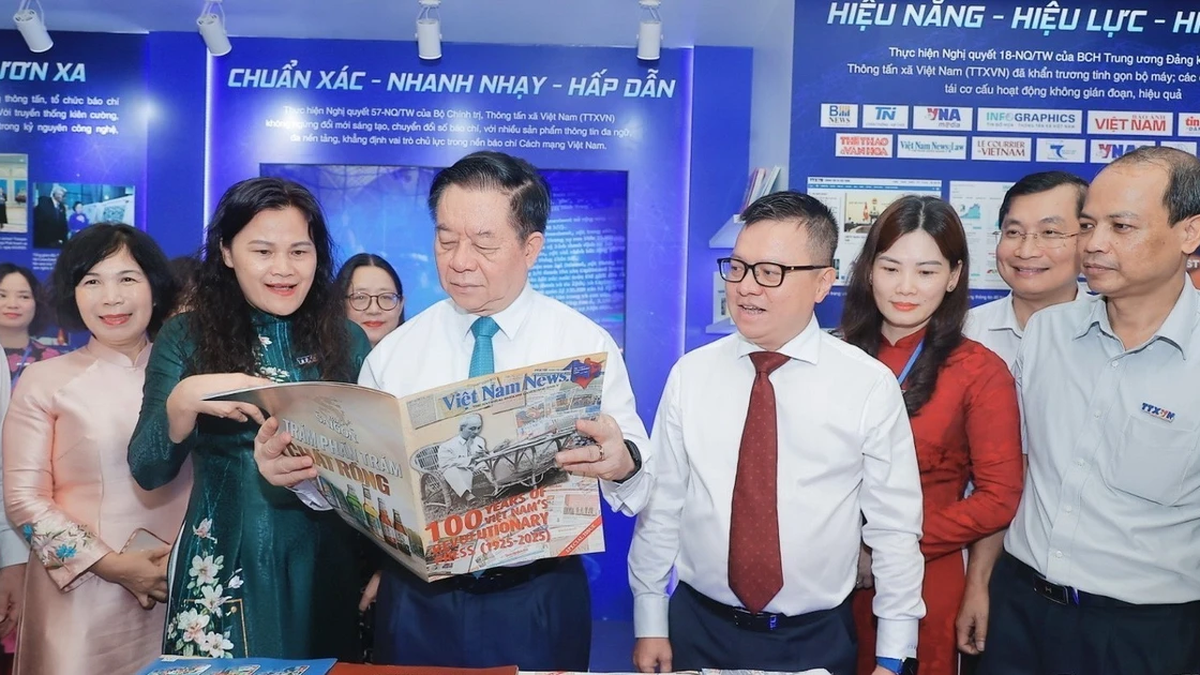


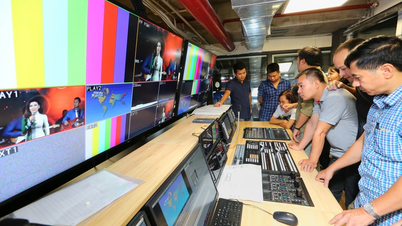



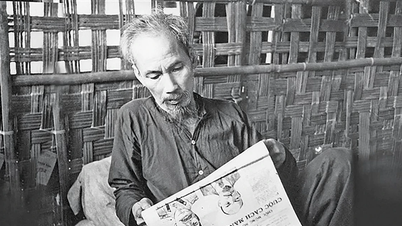

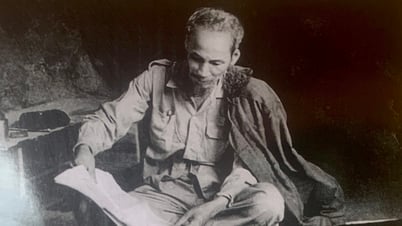


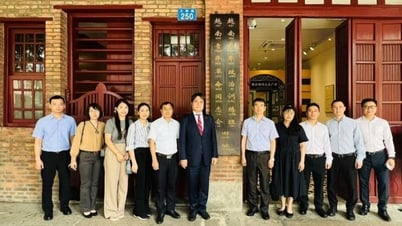

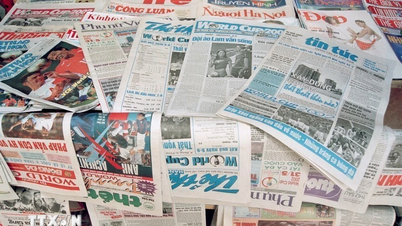

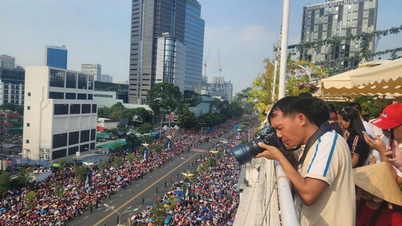
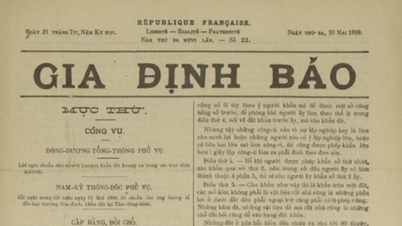
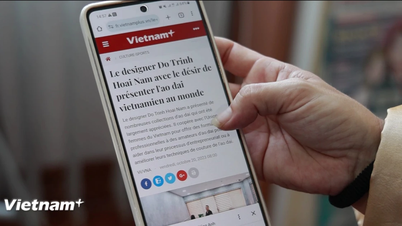
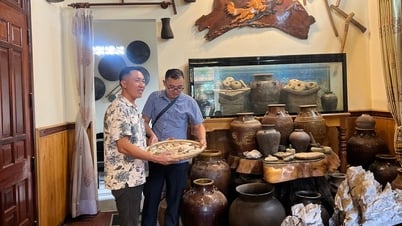




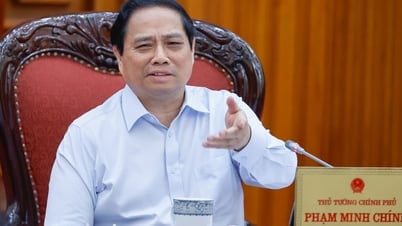


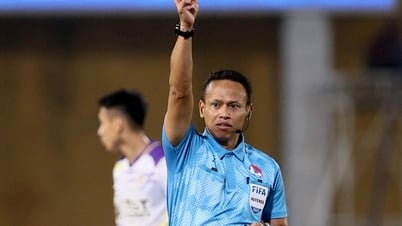


![[Photo] General Secretary To Lam chairs the 14th Central Military Commission Conference](https://vphoto.vietnam.vn/thumb/1200x675/vietnam/resource/IMAGE/2025/6/20/a9d25fc6dd664fb9a3757502f32e5db0)

























![[Maritime News] Wan Hai Lines invests $150 million to buy 48,000 containers](https://vphoto.vietnam.vn/thumb/402x226/vietnam/resource/IMAGE/2025/6/20/c945a62aff624b4bb5c25e67e9bcc1cb)


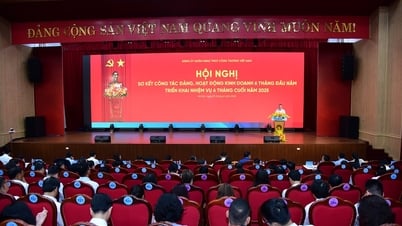


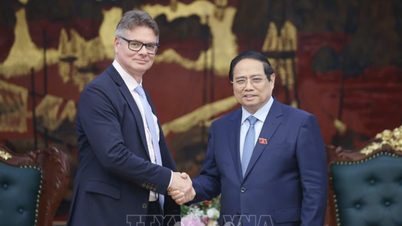

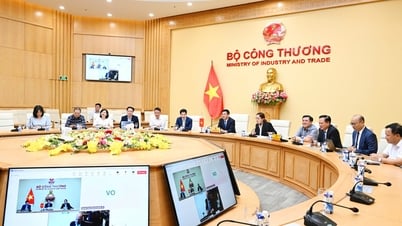

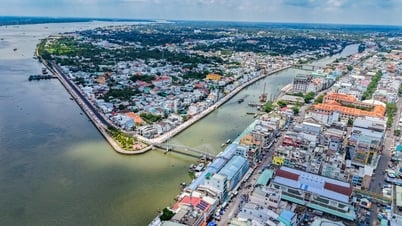
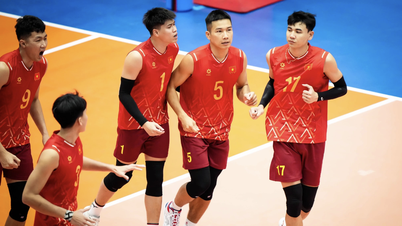
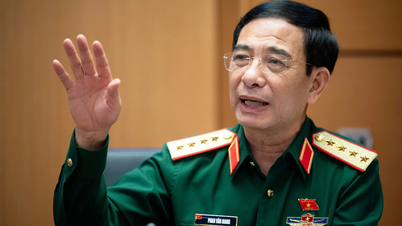
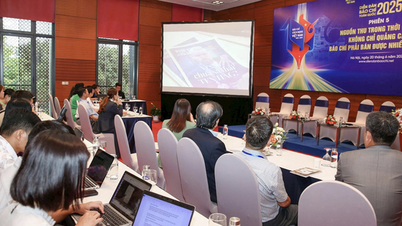

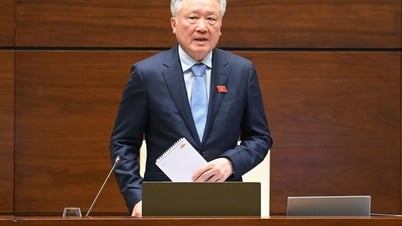


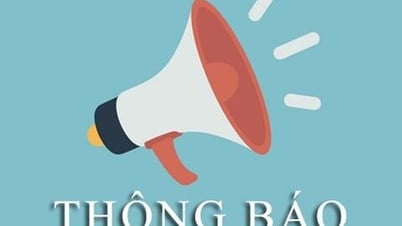

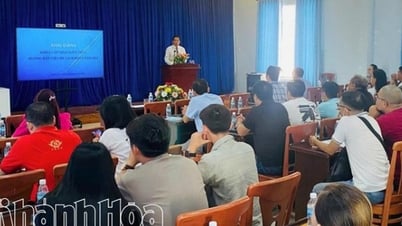
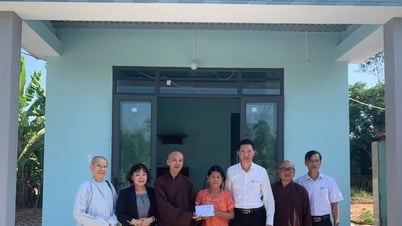



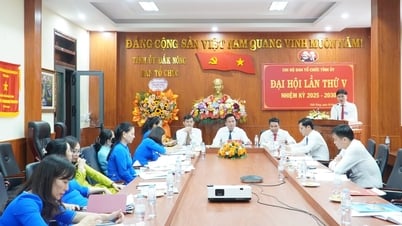
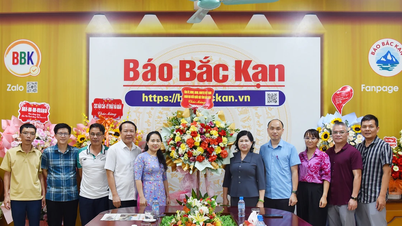

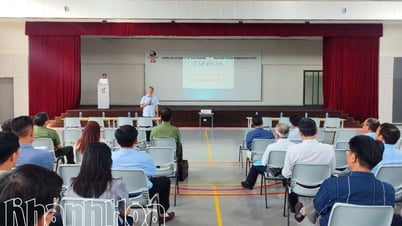

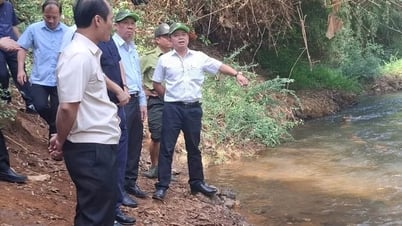












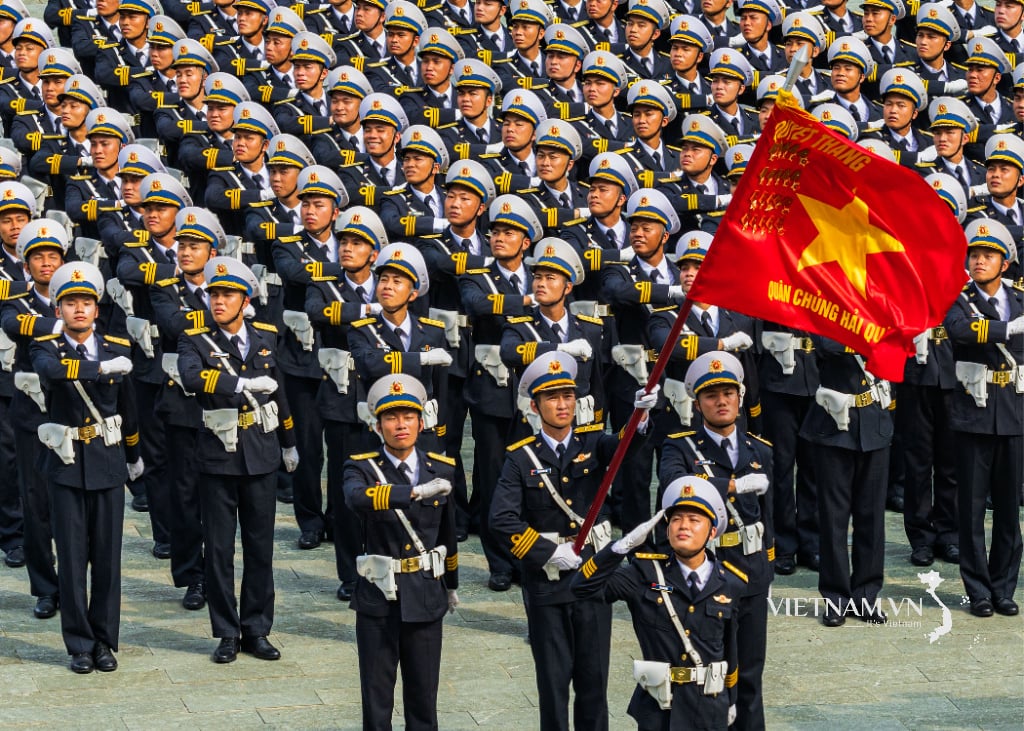
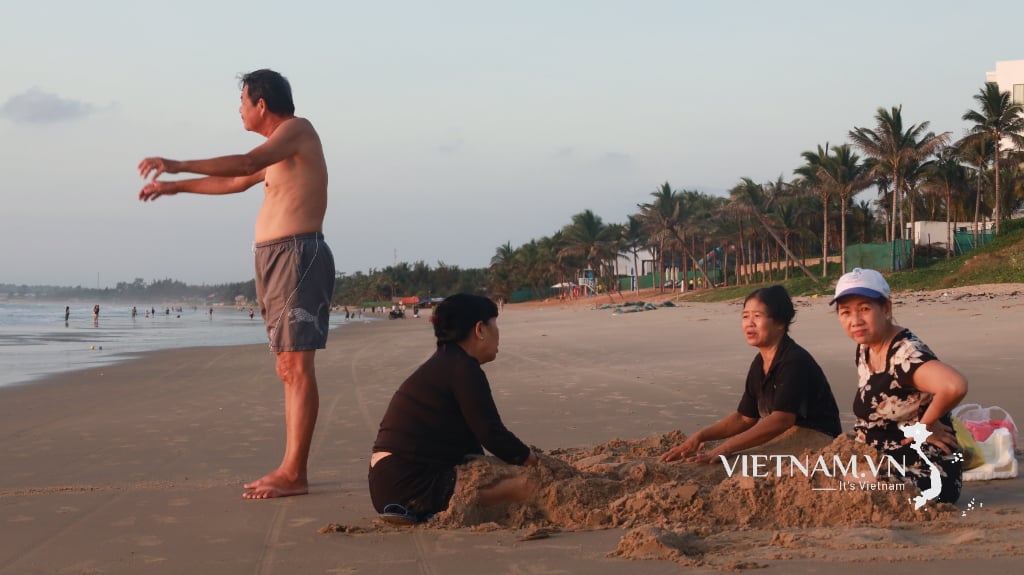
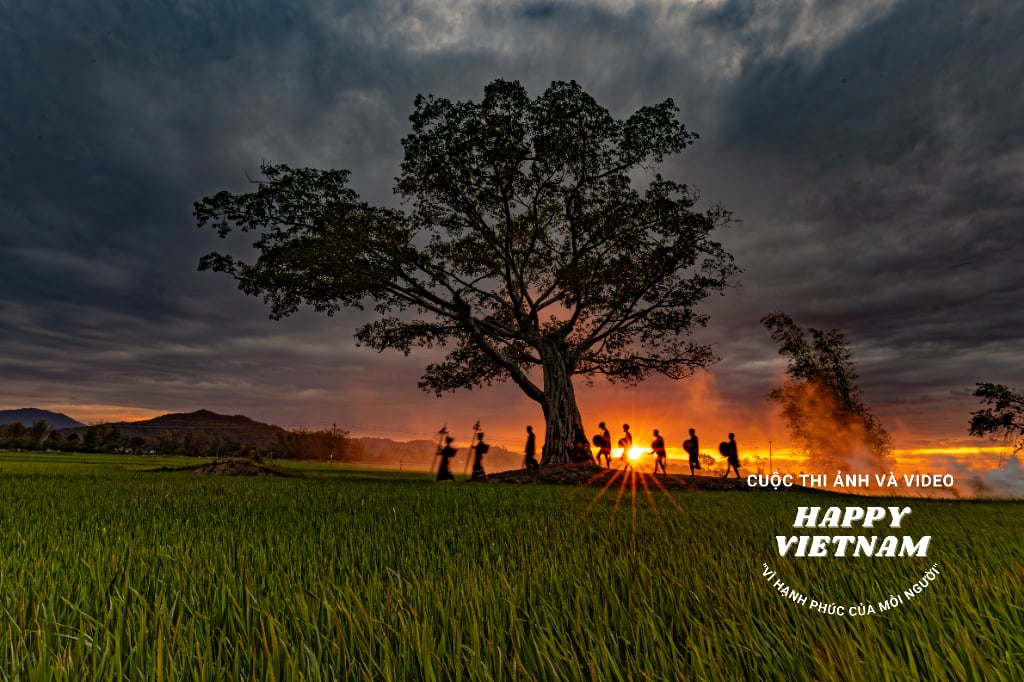

Comment (0)